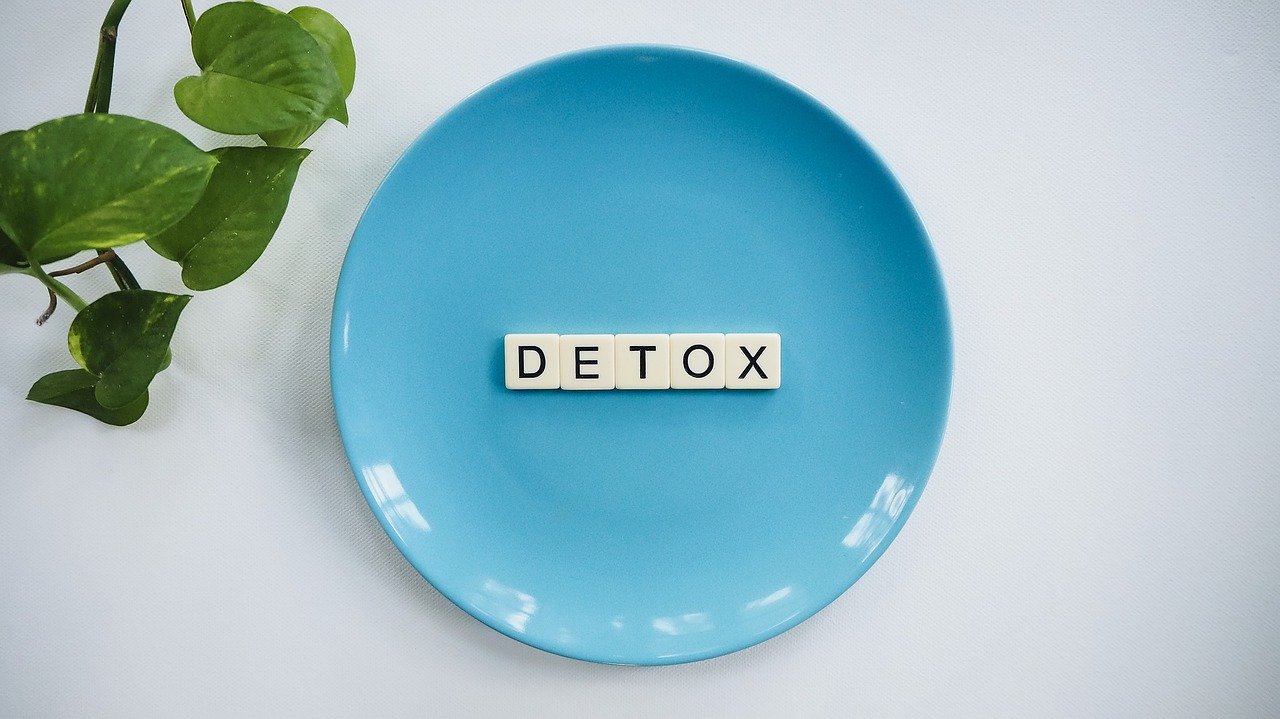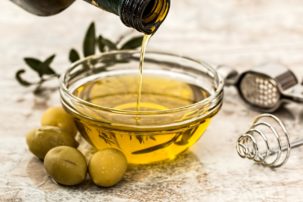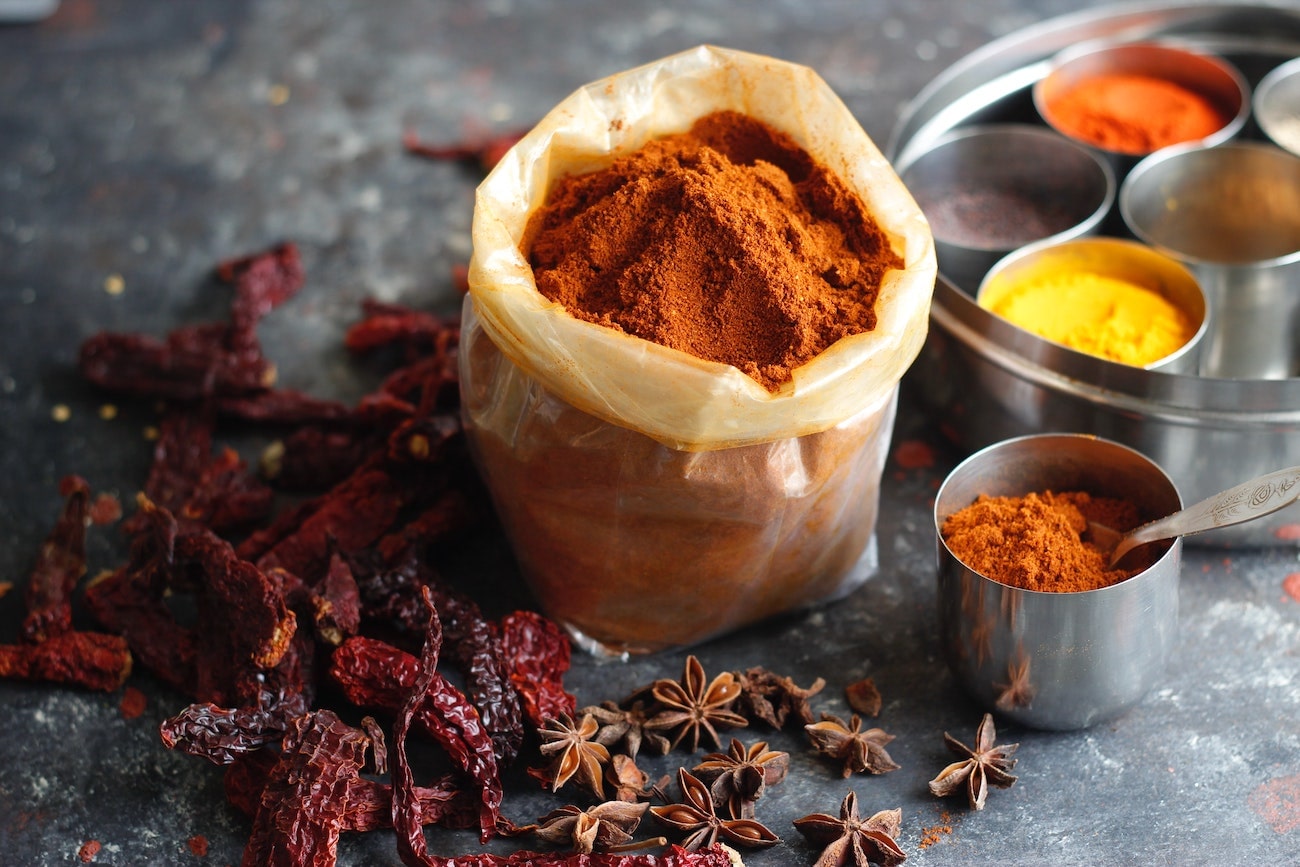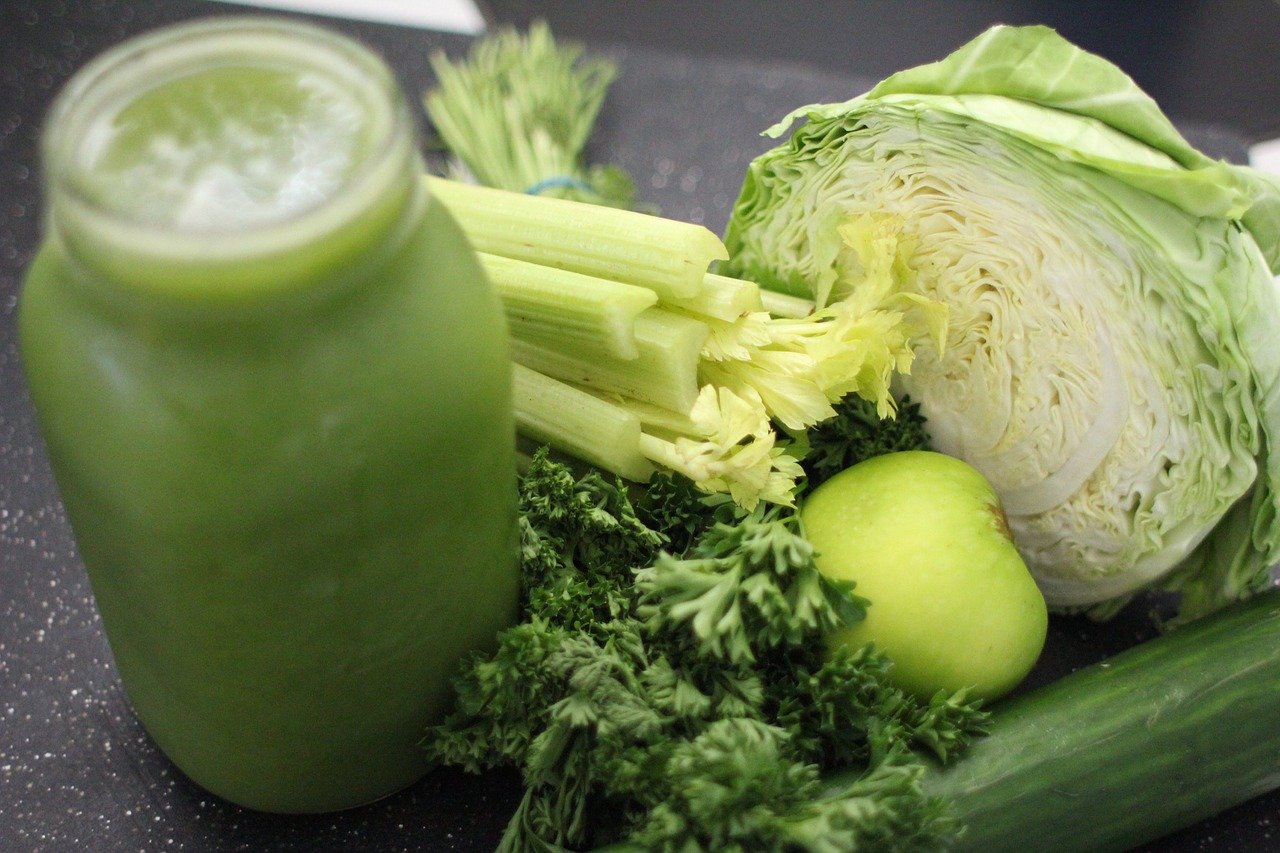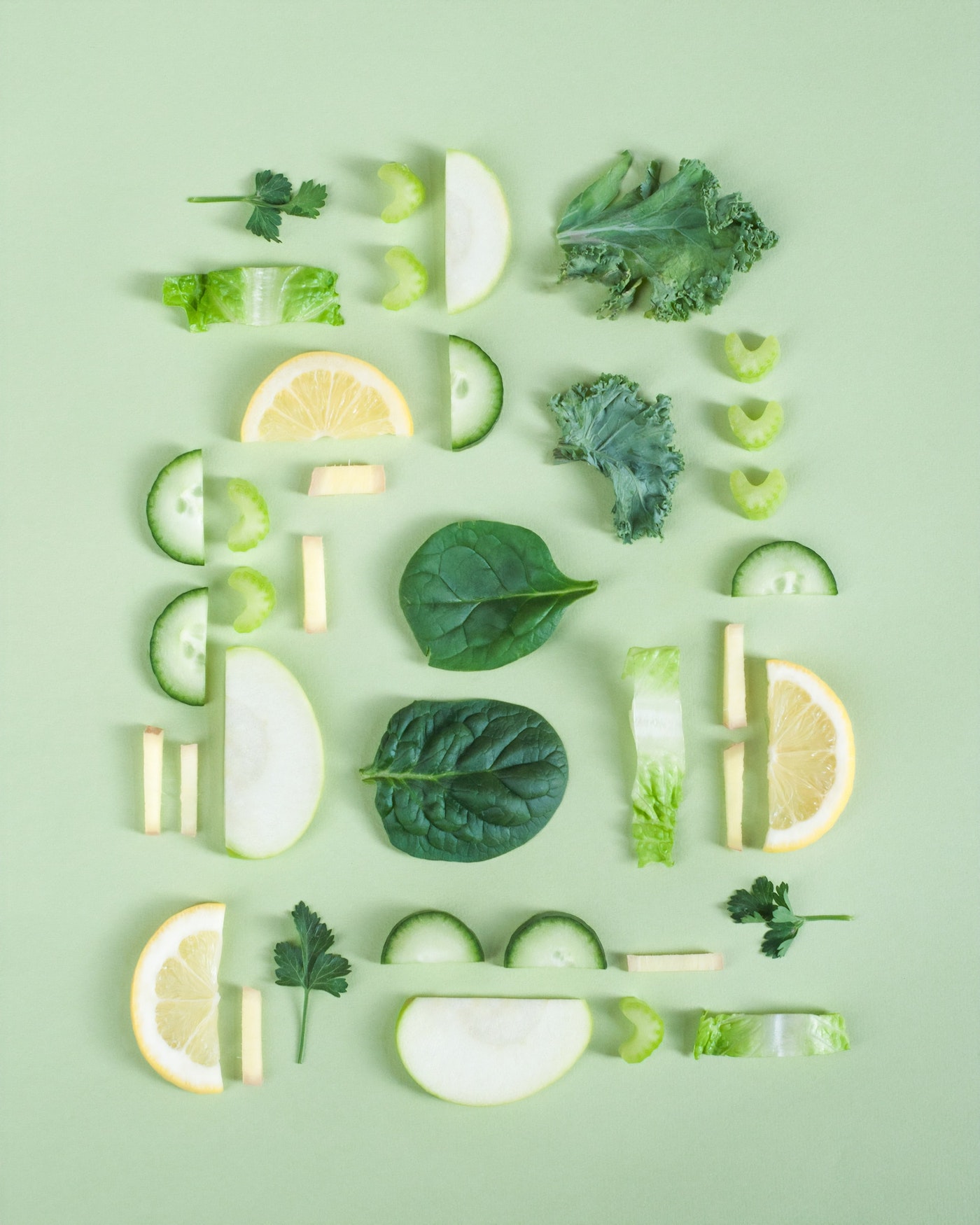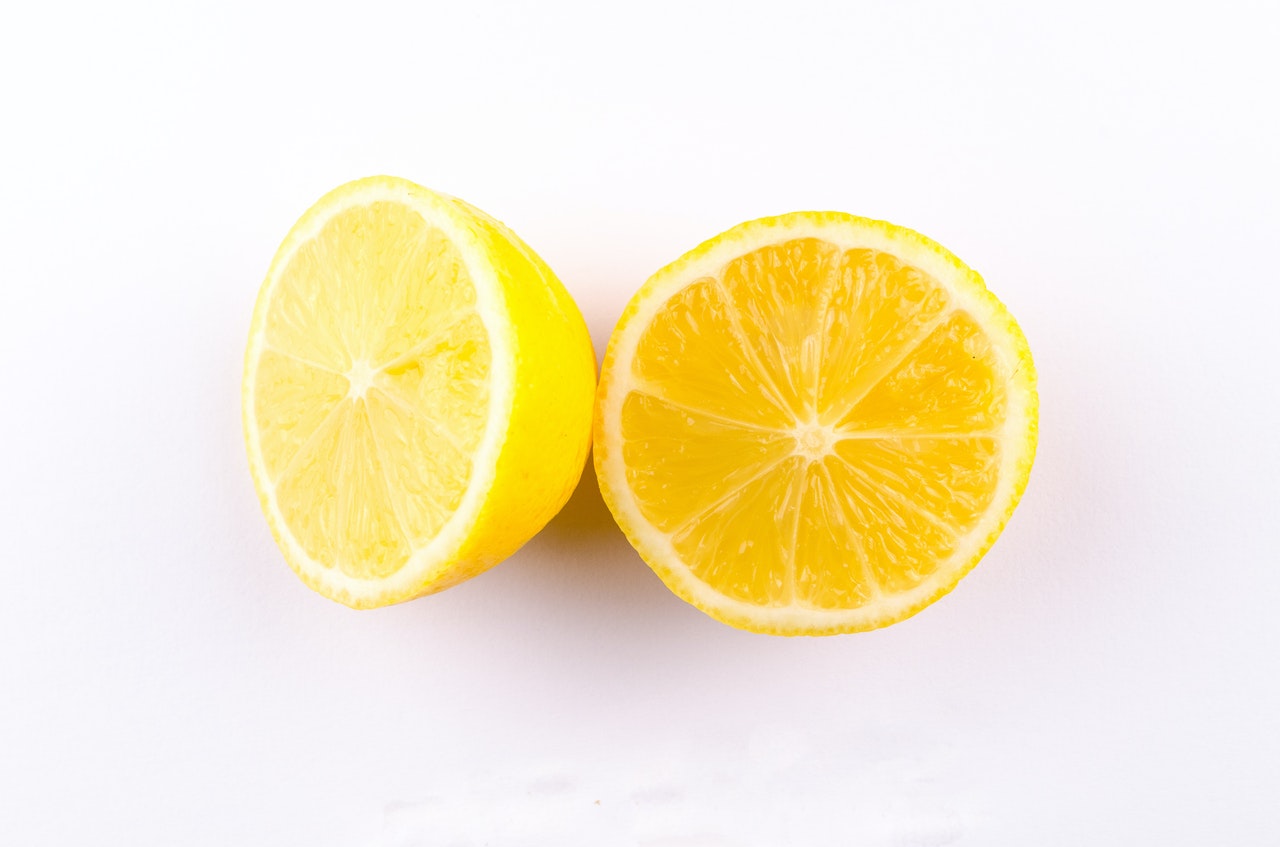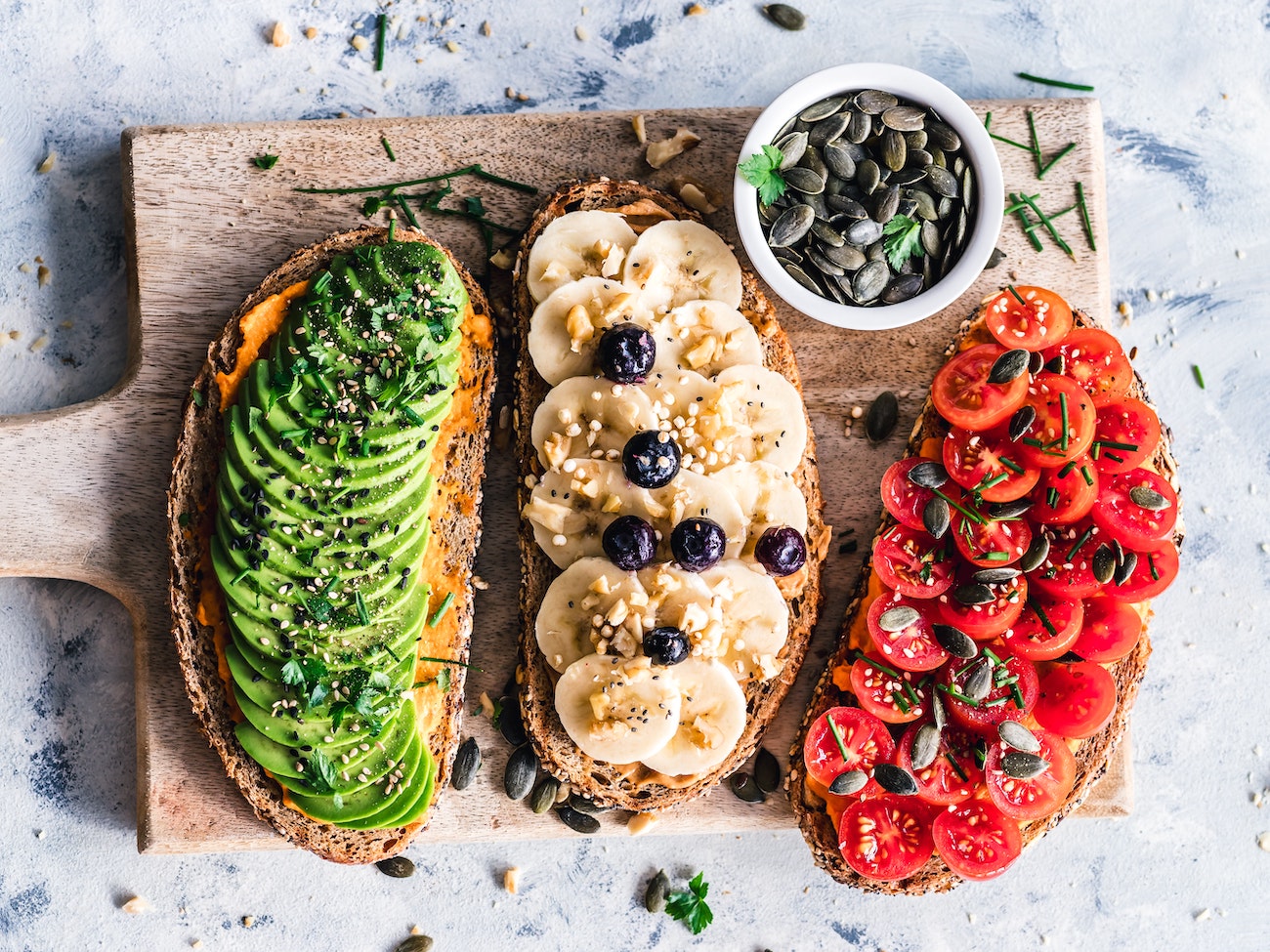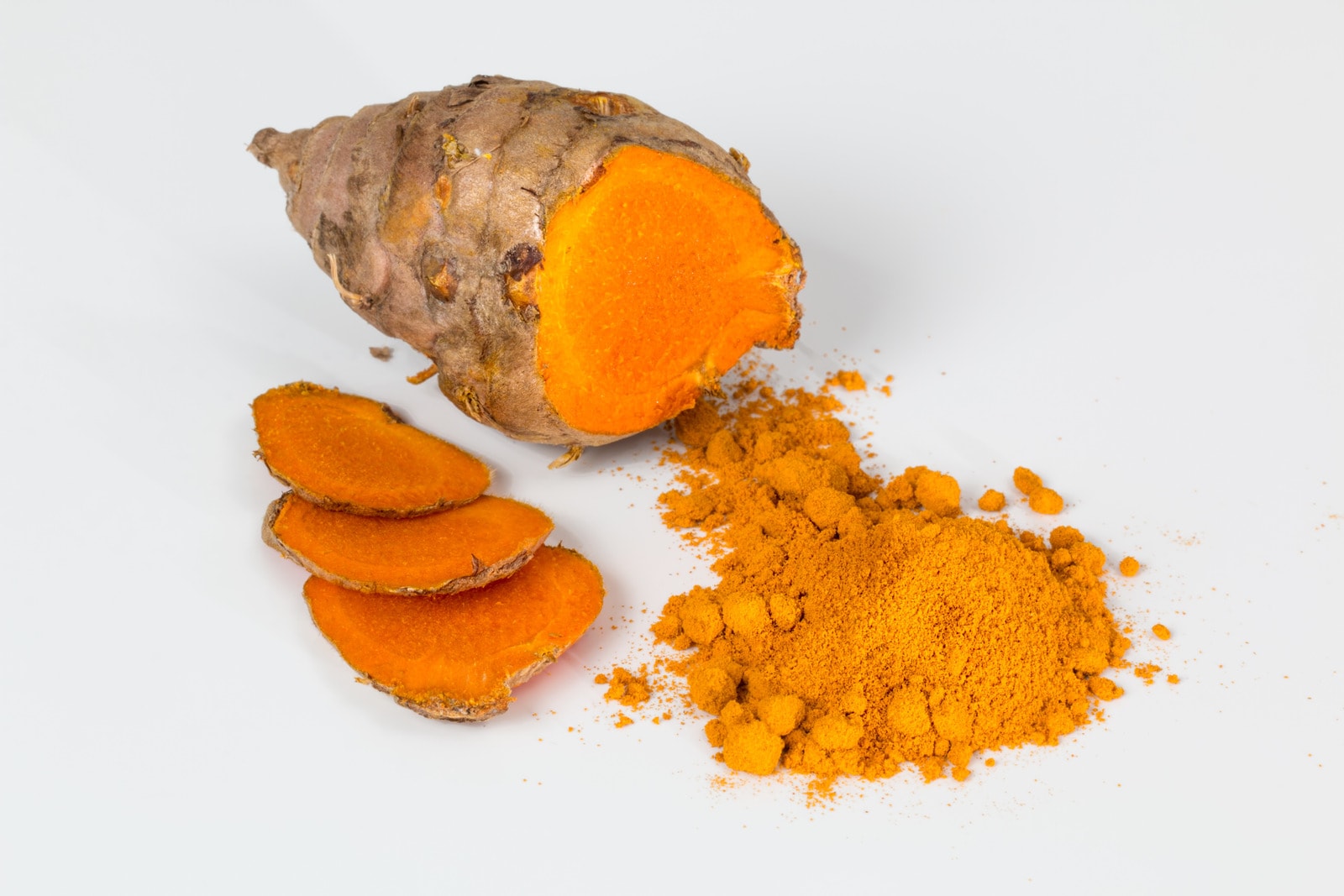A liver cleanse will help your detoxifying organ in more ways than one
Renowned for its diligence in detoxifying the body, it’s easy to assume that the liver is just that: a detoxifier. In reality, the liver is a multifaceted organ with many different roles, serving over 500 essential functions within the body.
Made with beetroot powder, our Daily Detox blend will give your body the liver cleanse it needs to keep those 500 essential functions working at optimum capacity.
The liver is the largest solid organ in our bodies, and is the second heaviest (skin takes first place on the weight front). Not only is the liver a hard worker, but just like skin, it also has the unique ability to regenerate and heal itself.
Important liver functions
Regeneration
So long as it stays healthy, the liver has the power to completely regenerate itself, even when as little as 25% of the original tissue remains.
It can take anywhere from 8-15 days to regrow to its previous size and, once regenerated, the new liver can perform all of the same functions as before.
Bile production
Bile is a greenish-yellow secretion produced by the liver that helps the small intestine to remove waste and break down fats during the digestion process. It is made up of bilirubin, cholesterol, electrolytes, bile acids and salts, and water.
Cholesterol production
Your liver works in unison with the intestines to produce cholesterol, a wax-like type of fat found in every single cell within the human body. Though being linked to heart disease has given cholesterol a bad name, its role in the body is an important one.
So important, in fact, that 80% of cholesterol is produced by the body, and only 20% comes from food consumption. Cholesterol is vital because it’s needed to make hormones and vitamin D, aid with metabolism and build cell membranes.
Thyroid management
The thyroid gland releases thyroid hormones into the bloodstream to help with the growth, development and metabolism in the human body.
When the liver is working in healthy harmony with the thyroid gland, it can transport, metabolise, store and secrete thyroid hormones. This keeps your bodily processes regulated, like body temperature and heartbeat, as well as muscle and digestive function.
Blood clot regulation
Bile – which we now know is produced by the liver – helps with the absorption of vitamin K. Vitamin K helps to create coagulants that, in turn, assist with clotting the blood.
Your blood needs to clot when you get a cut or an open wound because the clotting helps to slow – and eventually, stop – the bleeding.
Bilirubin removal
The liver helps to excrete bilirubin from the body. Bilirubin is a substance formed through the process of breaking down red blood cells. An excess of bilirubin can lead to jaundice, an illness known for its yellowing effect on the eyes and skin.
Iron storage
The liver processes hemoglobin in the blood to use its iron content for storage. Stored in the form of ferritin, it will eventually be used to make new red blood cells. Not one to be exclusive with its storage, the liver also stockpiles numerous vitamins and minerals.
Toxin removal
While many of us are already aware of the liver’s detoxification capabilities, it is still important to note that this powerful organ removes toxins like drugs, alcohol and other poisonous substances from the body.
Infection prevention
The liver is a part of the immune system that helps to prevent infection by removing any harmful bacteria from the bloodstream before it can travel to the rest of the body. It destroys any potential pathogens that threaten to enter the bloodstream by way of the gut.
Conversion of glucose to glycogen
Depending on what your body needs, the liver can either store or produce glucose. Your cells use glucose for energy, but when glucose levels in the blood get too high, the liver converts glucose into glycogen and stores it in the body for future use.
Keep your liver healthy and it will keep you healthy, too
With so many different functions to perform, it is vital that you take care of your liver. When you take care of your liver, you can bet that it will take care of you, too. Our Daily Detox blend targets liver health and function and works to look after your liver for you.
Opt for a whole-food, plant-based diet to give your liver – and your body – the nutrients it needs to thrive. Remember that while your liver does have the power to regenerate, it can only do so when it’s healthy – which means that keeping your liver in optimal condition is key.
Keep your liver in optimal health with our Daily Detox blend

